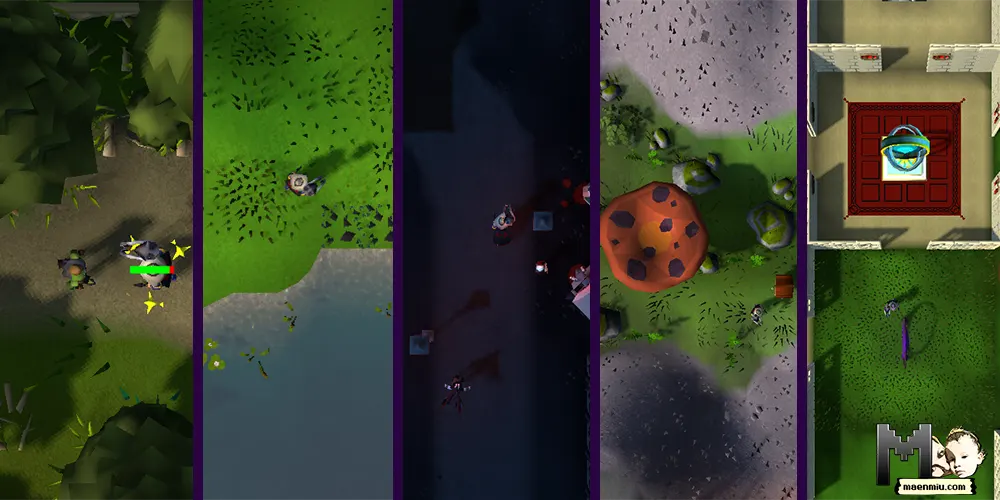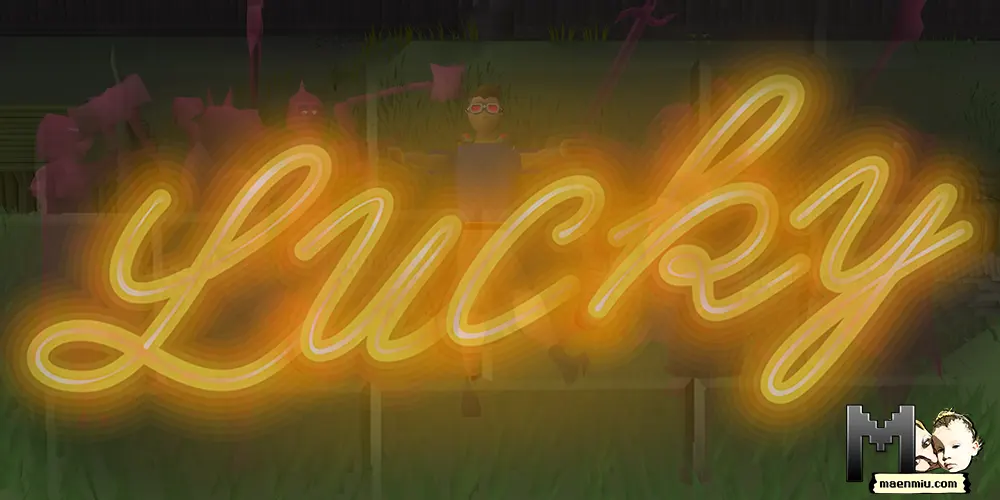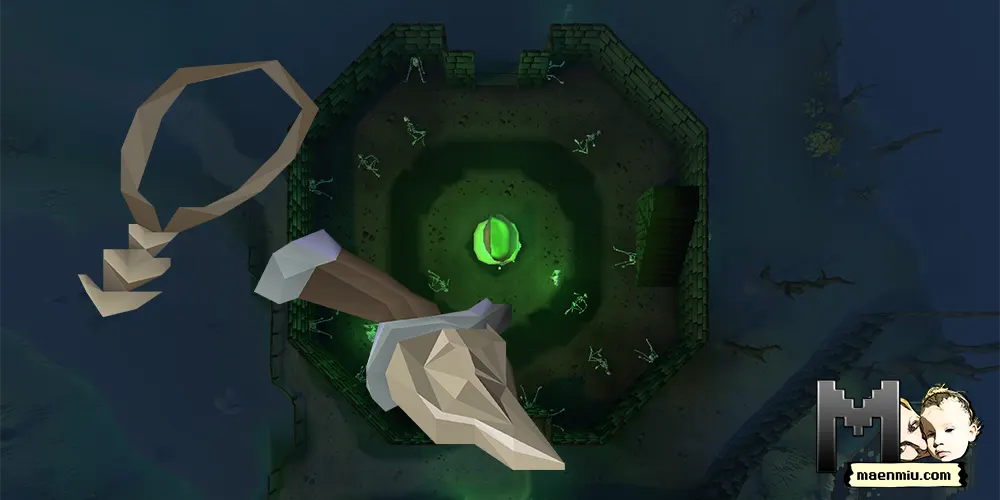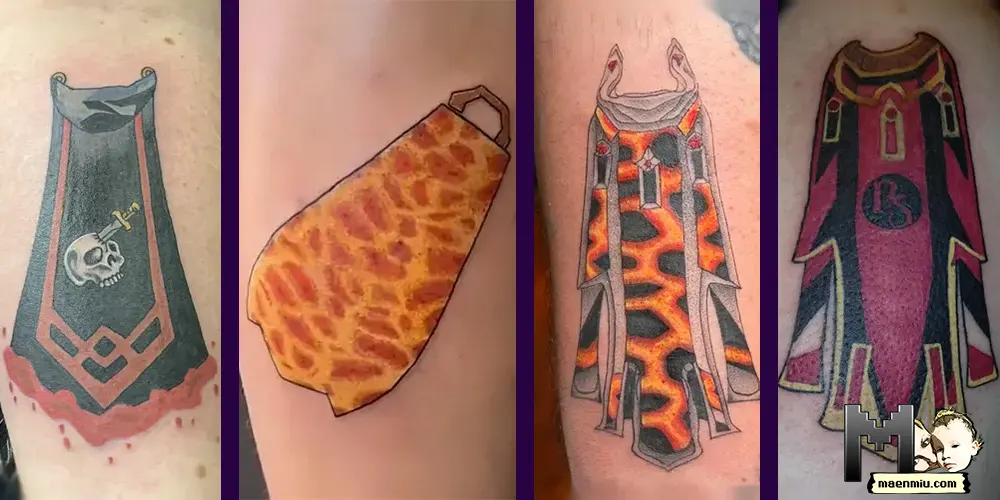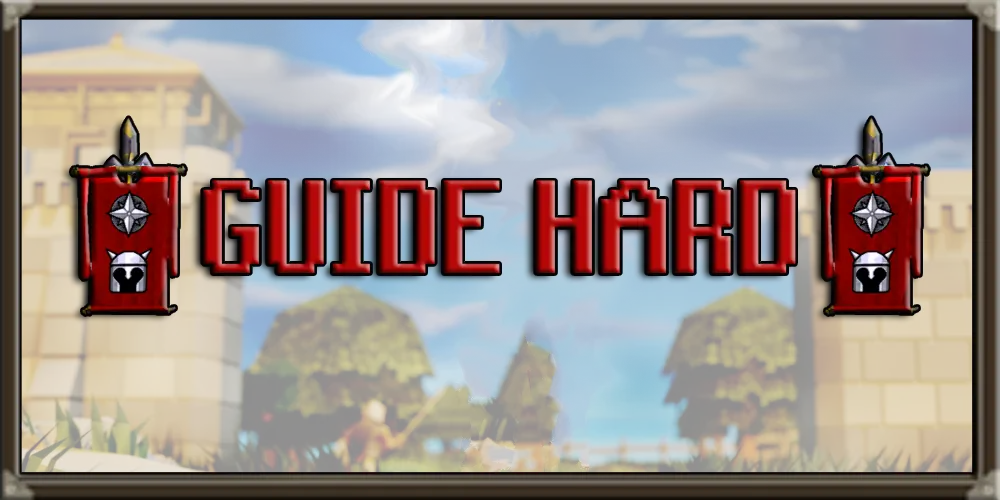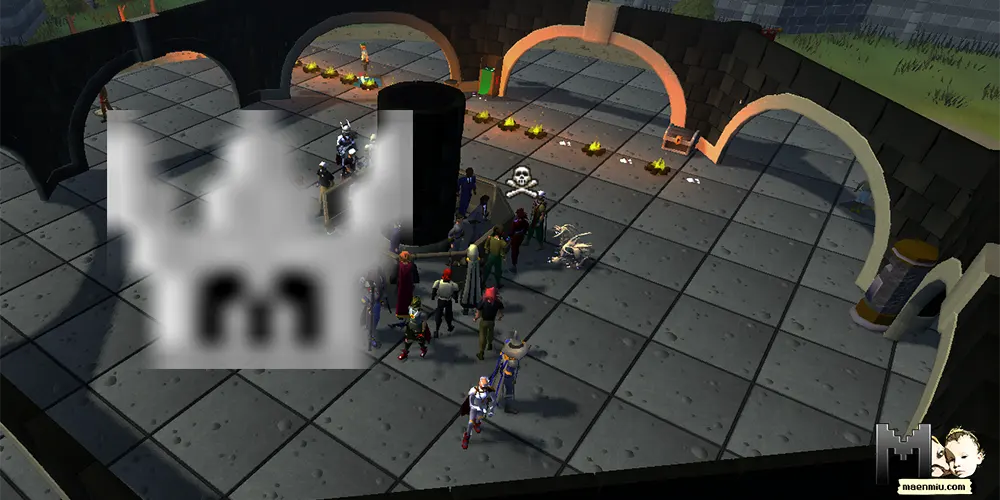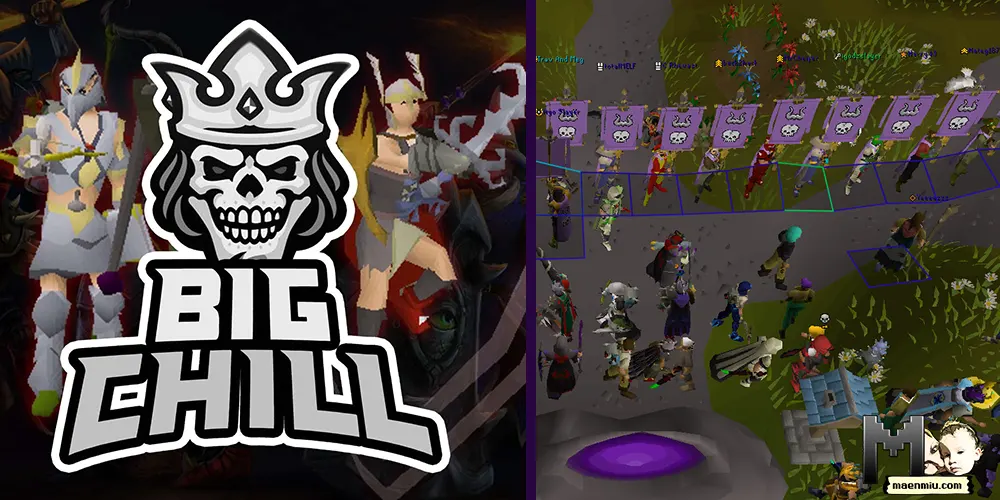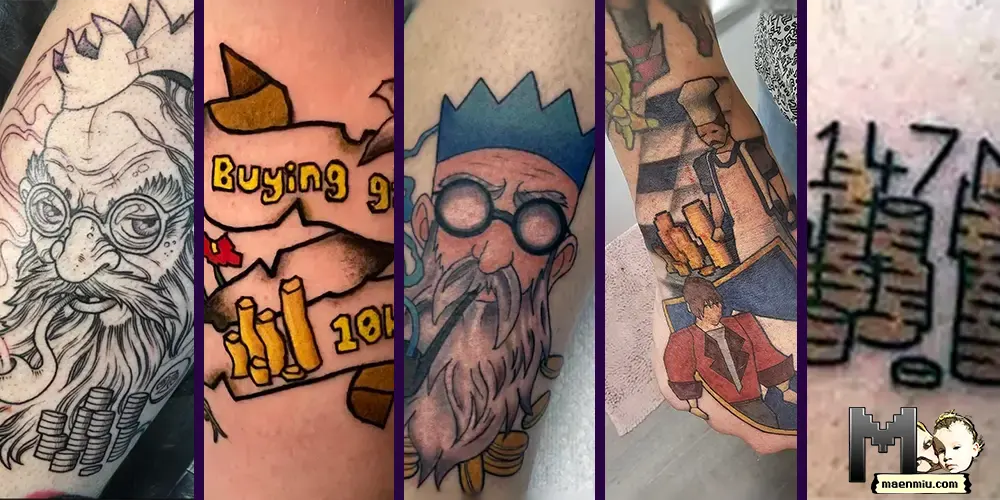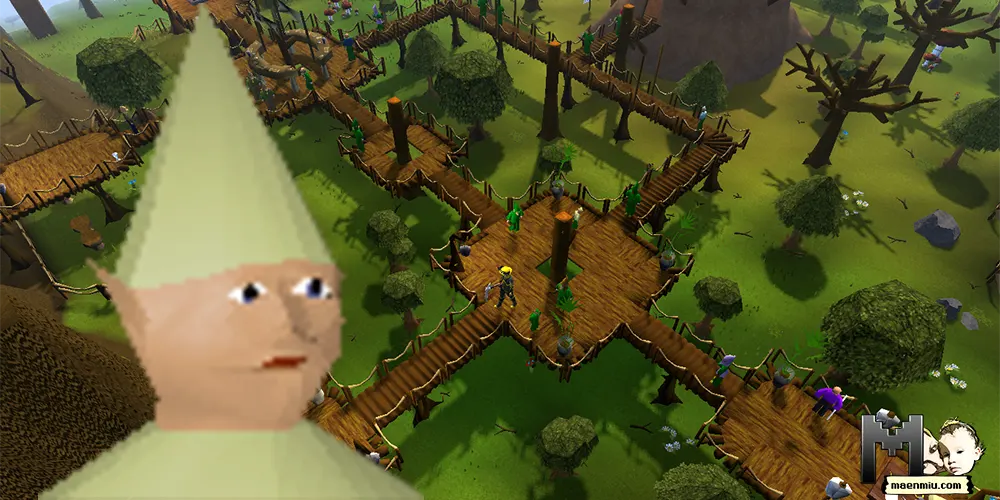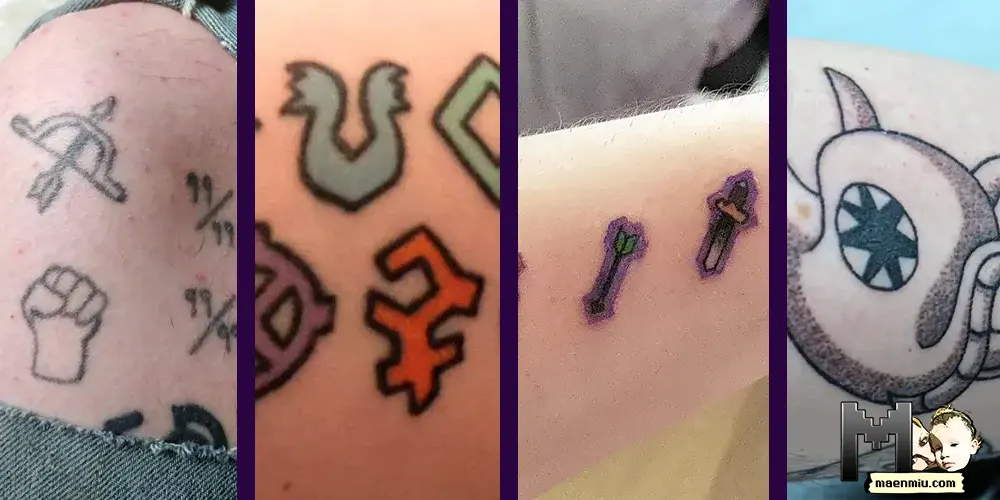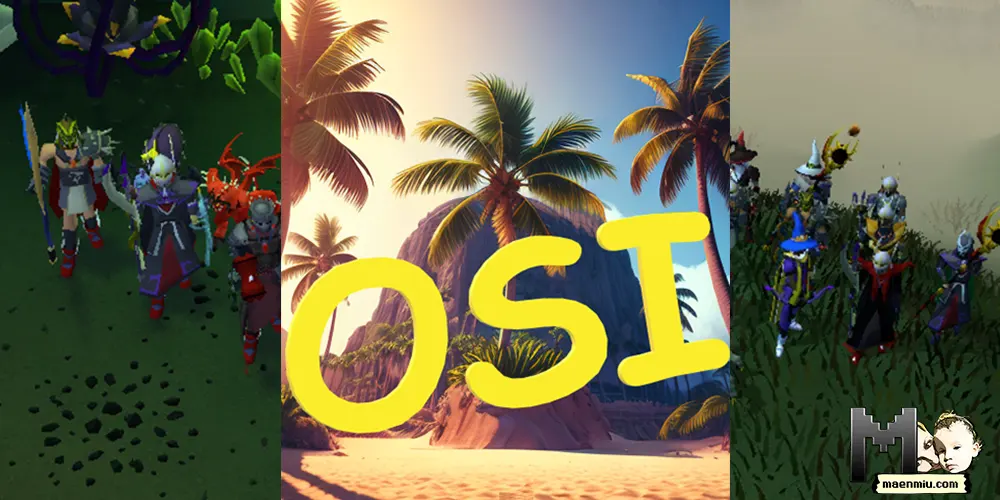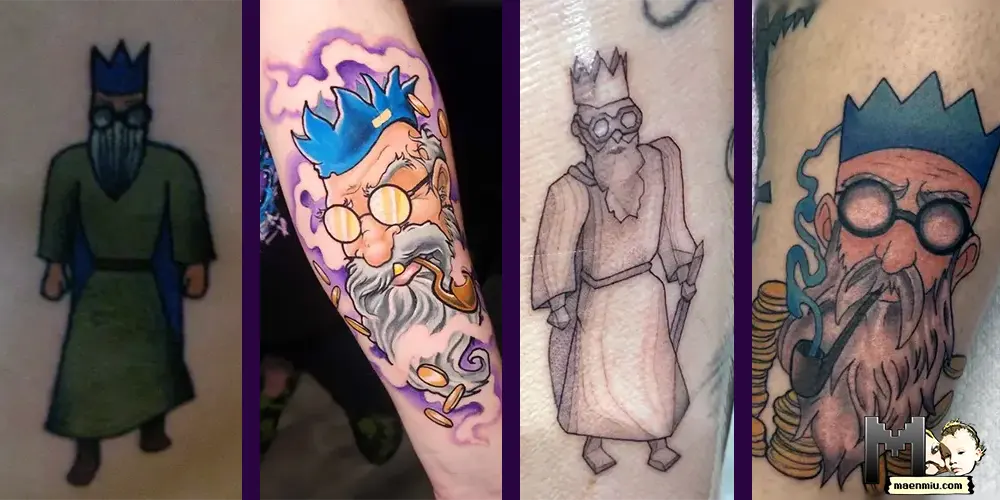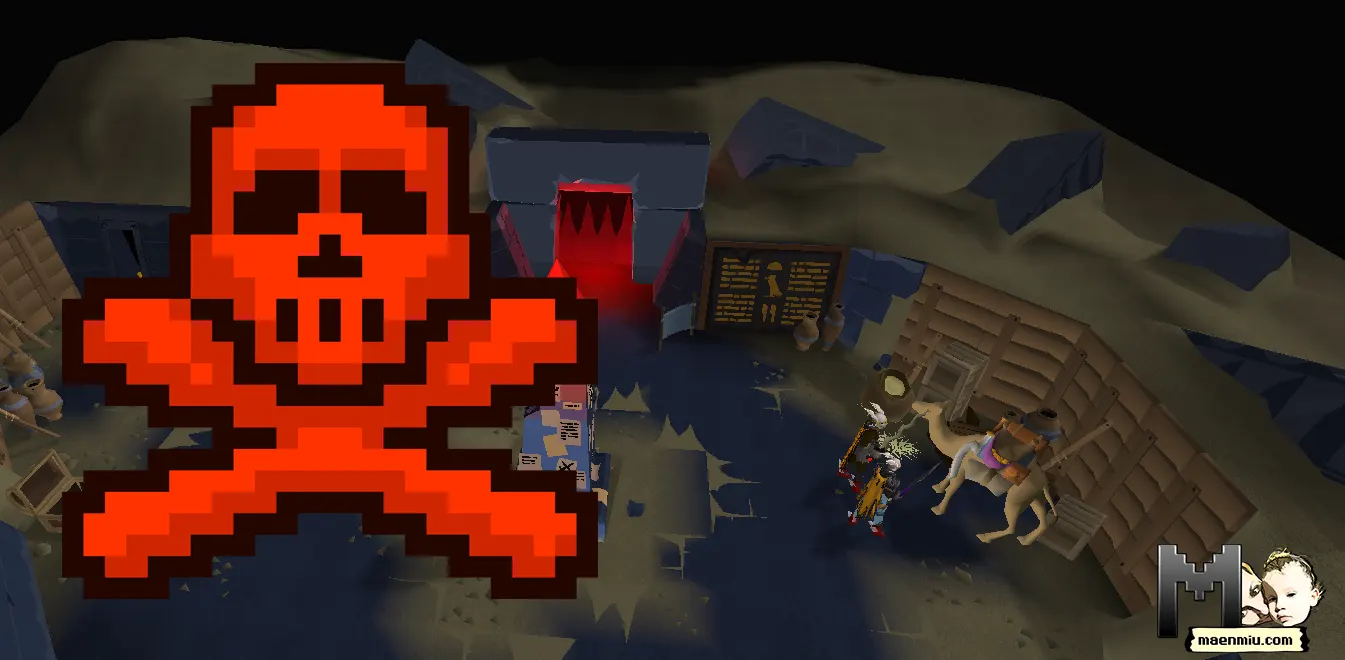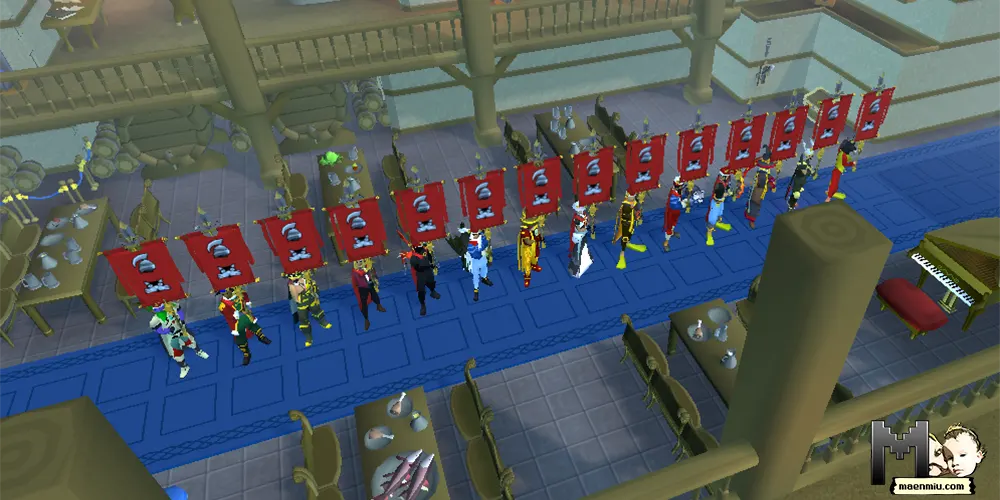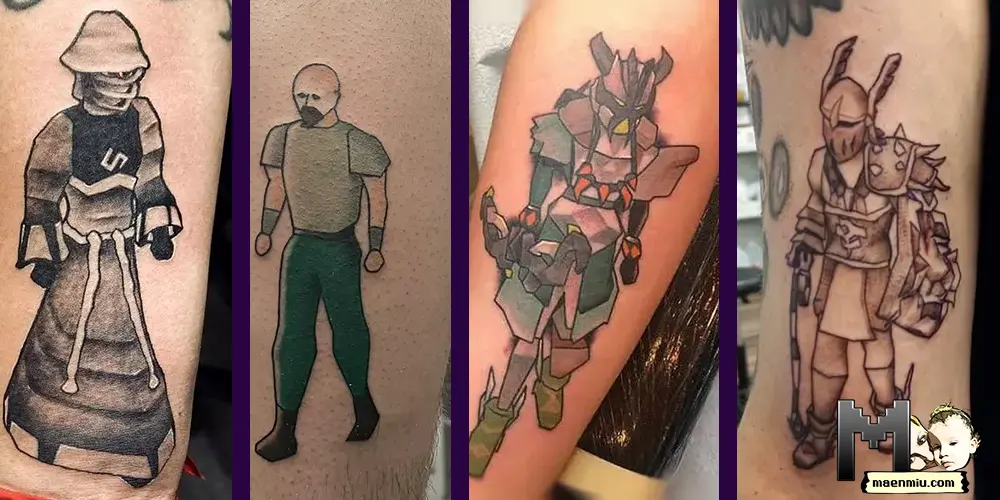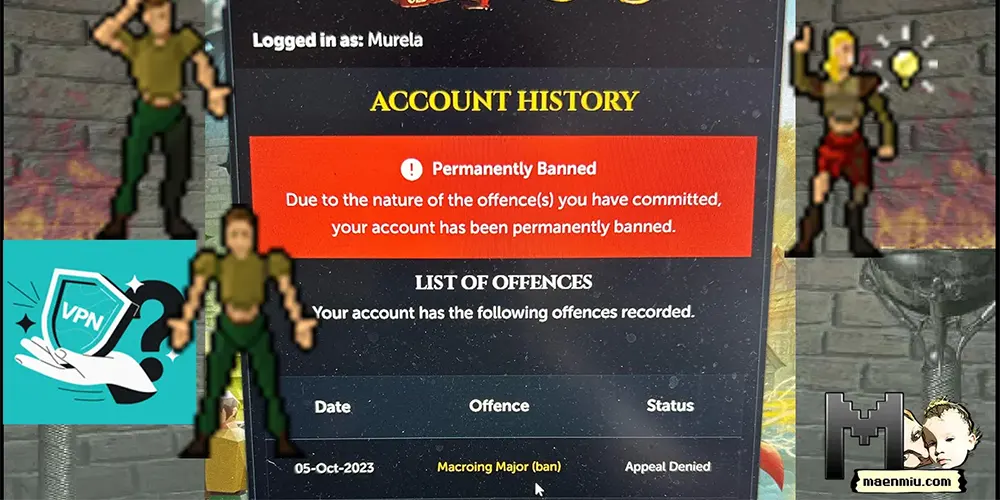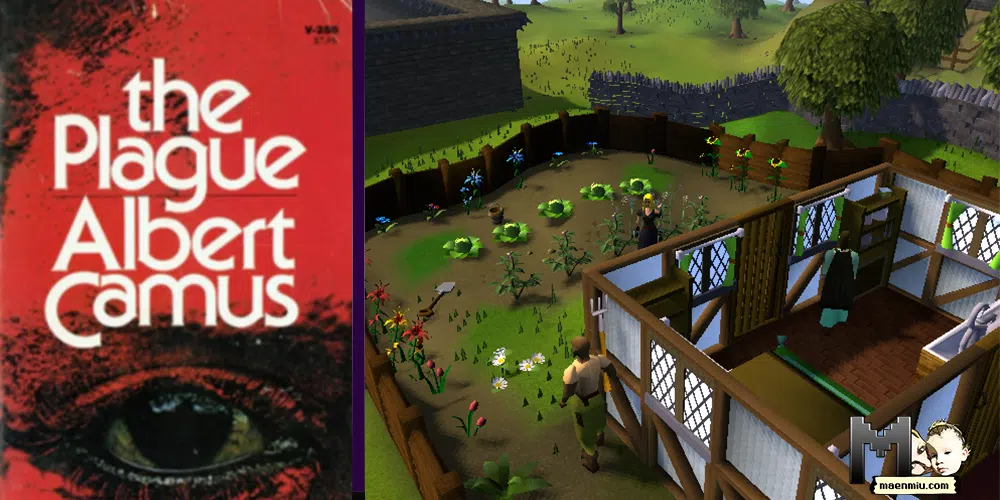
You’ve probably encountered the concept of the plague in different forms. Maybe in the vast world of gaming, like the quest “Plague City” in Old School RuneScape (OSRS). Or perhaps you’ve dived deep into Albert Camus’ masterpiece, “The Plague.” On the surface, you may think they’re worlds apart. One is a game, the other a literary classic. Yet, when you peel back the layers, you’ll see striking similarities between them.
You might like
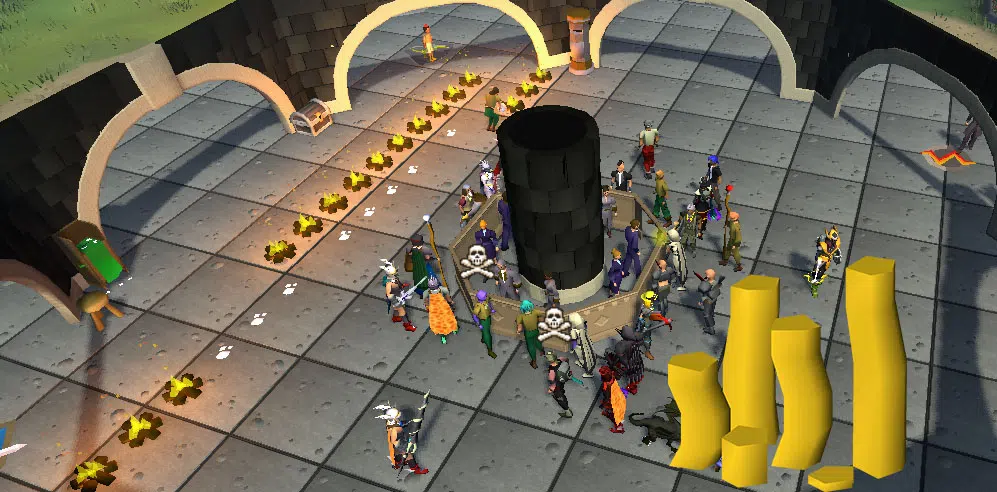
Mission
Picture yourself in the bustling city of Ardougne, OSRS’s “Plague City.” It’s a place of high walls and barred doors. The air is tense, full of suspicion and fear. The plague has struck, turning life upside down. Your mission? Find a missing person. But, as you explore, you realize the quest isn’t just about a rescue mission. It’s about the strength and courage of people amid chaos, much like the characters in Camus’ “The Plague.”
Now, let’s switch gears. In “The Plague,” you’re transported to Oran, a town gripped by a mysterious, deadly plague. Here, the gates are closed. You’re trapped, witnessing the once vibrant town crumbling under the weight of disease. Through the characters’ experiences, you’re faced with profound questions about existence and the human condition.
Narratives
At first glance, these narratives seem different. In “Plague City,” you’re a hero in a virtual world. In “The Plague,” you’re a reader, an observer of a grim reality. But, look closer. You’re in similar environments. Cities in lockdown, lives in disarray. Fear of the unknown looms, and a sense of urgency drives you.
In “Plague City,” you encounter NPCs (Non-Player Characters) scared, desperate, and hopeful. You see people divided, a city on the edge. As you dig deeper, you discover a dark secret: the plague is a hoax, a political ploy to control the city. Here, the plague isn’t a disease, but a metaphor for corruption and deceit. The real task isn’t to fight a disease, but to unmask a lie.
In “The Plague,” you meet characters battling not just an epidemic but existential crisis too. You see Dr. Rieux, who remains determined to fight the plague despite its inevitability. There’s Rambert, initially desperate to escape but eventually deciding to help. You witness Father Paneloux grappling with his faith amid death and despair. Here, the plague is real, but it’s also a metaphor for the absurdity of life, the indifference of the universe.
So, you see, both “Plague City” and “The Plague” share core themes. Fear, courage, deception, and hope thread through them. They invite you to look at crises and their effect on societies and individuals. Both make you question: How do you respond when normalcy shatters? Do you flee, fight, or fall into despair?
Impact
In “Plague City,” your actions impact the game’s outcome. You’ve the power to restore order, to bring truth to light. You’re reminded of your potential to enact change, even when circumstances seem bleak.
In “The Plague,” you’re prompted to reflect on life’s unpredictability. How a crisis can strip life to its essentials, making you question your purpose, your beliefs. While you can’t change the book’s outcome, it stirs introspection, influencing how you perceive life and its challenges.
In the end, you’re left with valuable lessons. From “Plague City,” you learn about the significance of truth and the power of individual action. From “The Plague,” you grasp the inevitability of suffering and the importance of solidarity and resilience in the face of adversity.
Exploration
Both “Plague City” and “The Plague” use the idea of a plague to explore deeper human experiences. They remind you that, whether in a game or in life, how you respond to crises shapes not only your journey but also the world around you.
So, the next time you embark on the “Plague City” quest or flip through the pages of “The Plague,” remember – they’re not just about a disease outbreak. They’re about you – your actions, your decisions, your resilience. They’re about the human experience, as raw and as real as it can get.
I created this article with the partial assistance of an AI tool. Learn about my view on AI and why I’m telling you about it.


